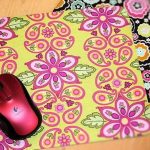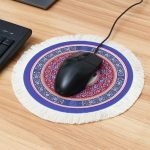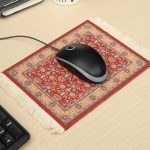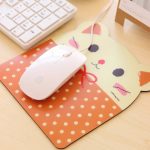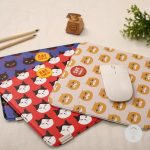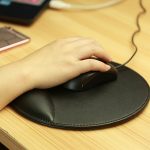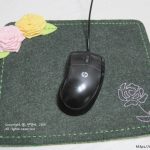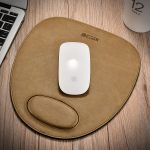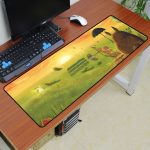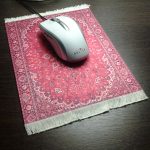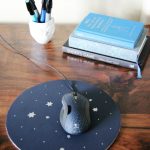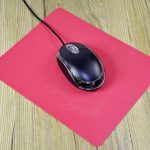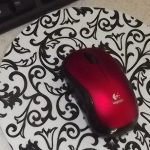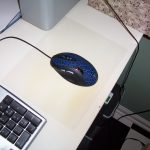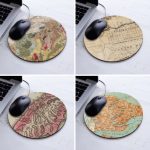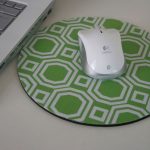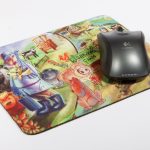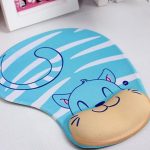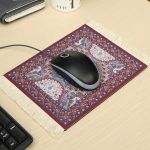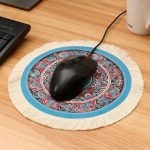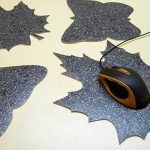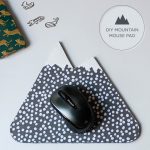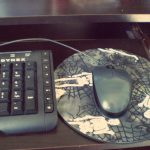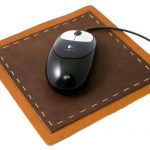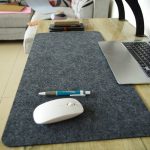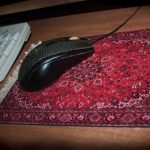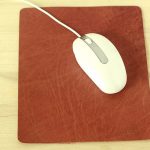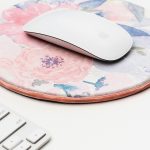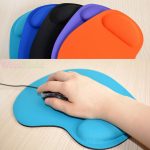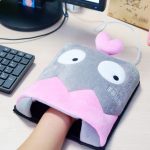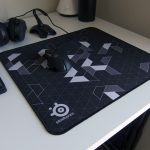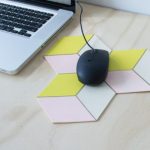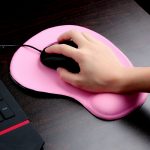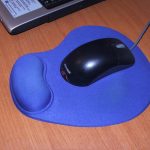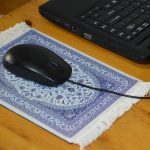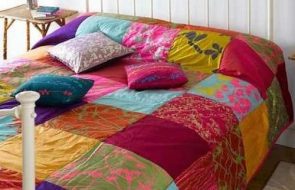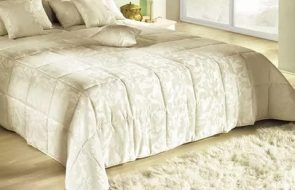A mouse pad is not just an accessory, but a necessary thing that makes work easier. And although there is a sufficient selection of different models in stores, you can easily make a mouse pad yourself. And such a pad will have many advantages: it fits perfectly in size, pleases the eye, and, finally, it is simply nice that you made a creative and useful thing with your own hands.
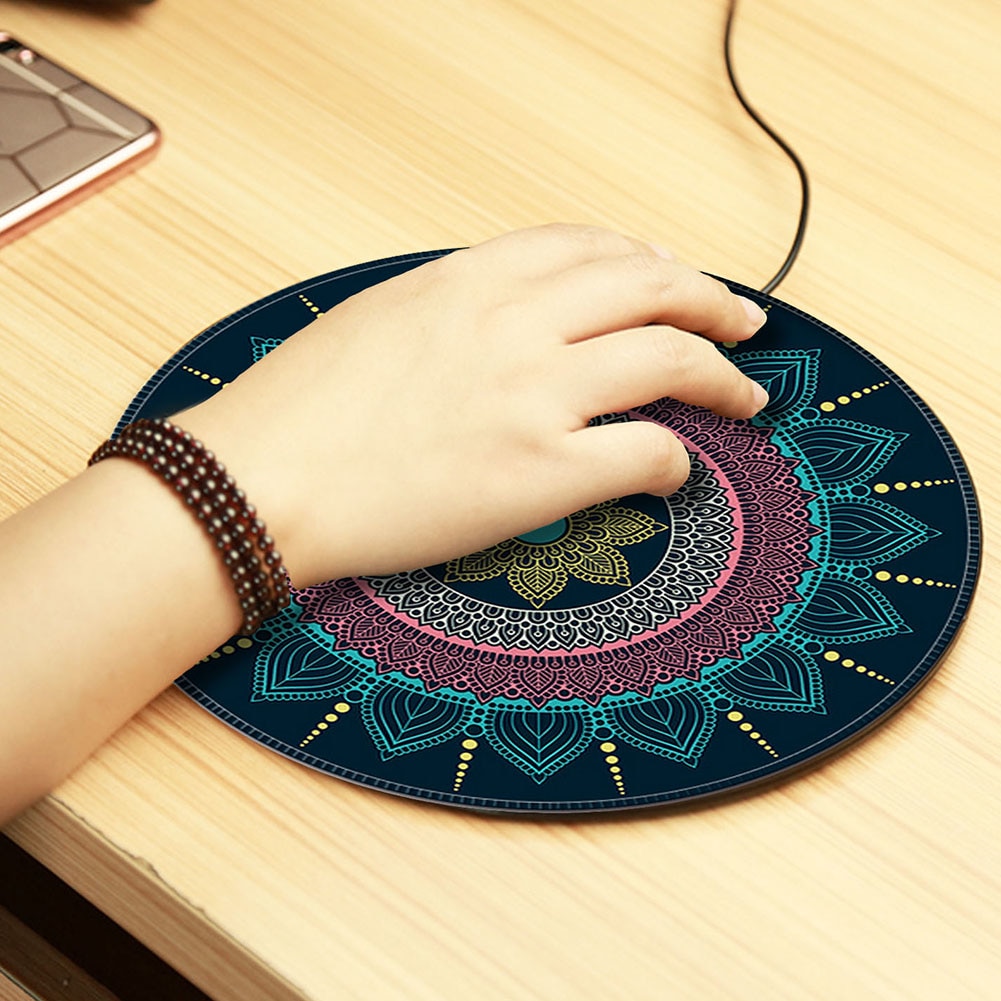
Content
What can replace a mouse pad?
It turns out that there are no irreplaceable things. And the stand can also be replaced with what is at hand. For example:
- notebook;
- tiles;
- thick cardboard;
- glossy magazine wrapped in a file.
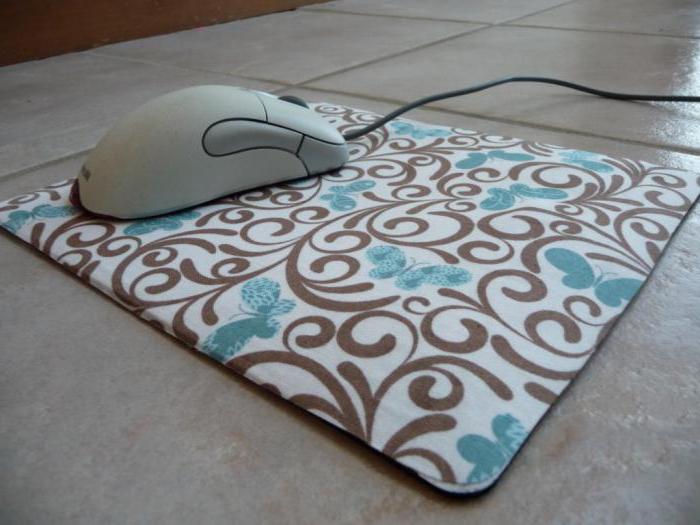
For laser models, mats with any surface are used: from glass to leather covering. The trajectory does not change and the speed of response to commands does not either.
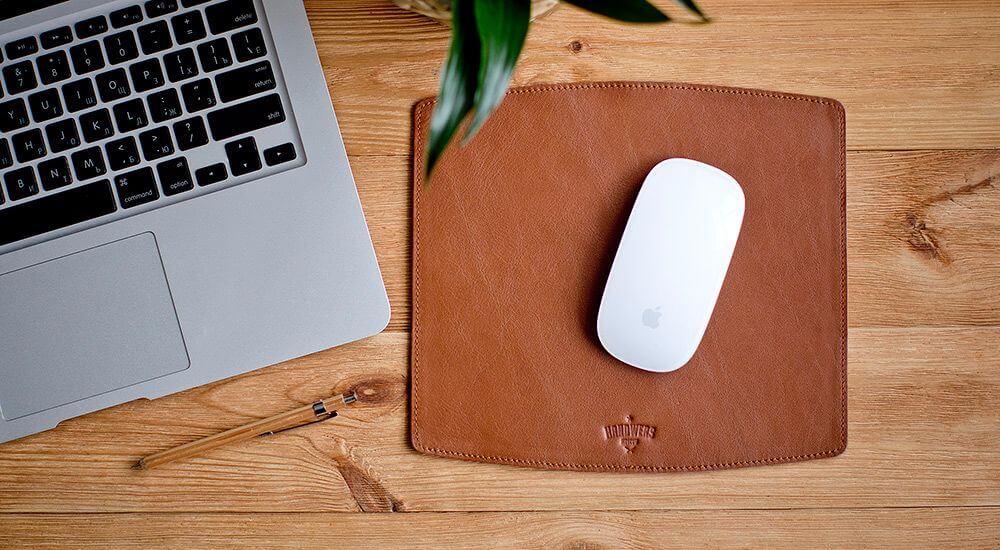
And for optical ones, it is better to use accessories with a matte surface, otherwise the mouse may "slip". You should not take a fabric stand either, since the beam will be "delayed" between the fibers.
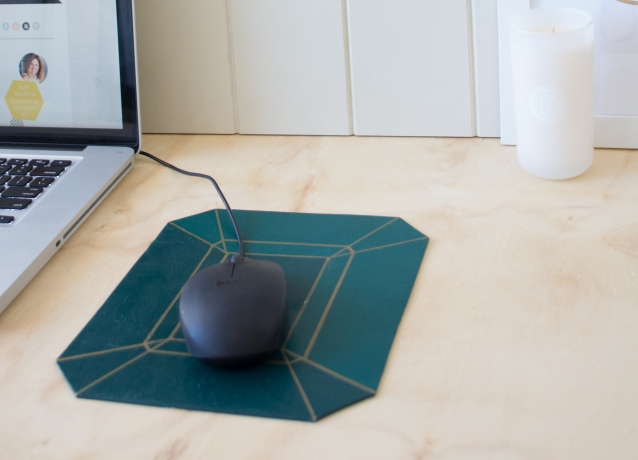
How to Make a Mouse Pad Yourself: Instructions
Linoleum rug
A piece of flooring can help create another alternative at home.
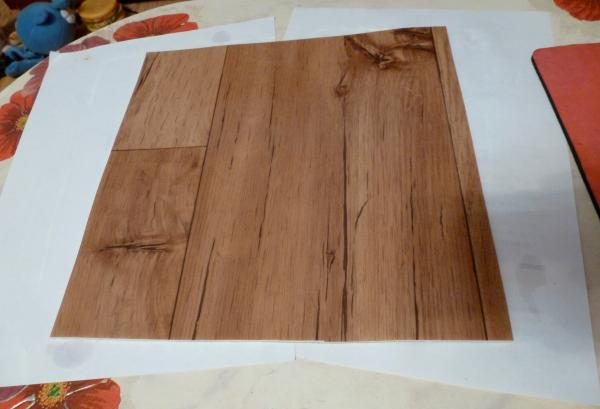
We cut out a stand measuring 24x20 cm. We make the edges slightly rounded to make it easier to work with such an accessory.
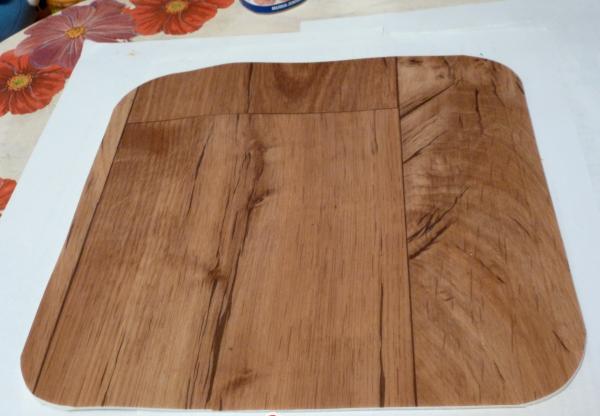
Let's complicate the task and make a truly exclusive thing. Let's try to make decoupage on the surface of linoleum. We will need napkins with an interesting pattern.
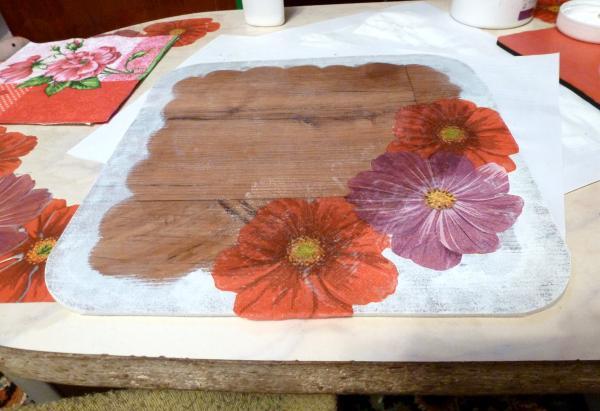
Cut out the fragments and stick them onto the linoleum. Coat thoroughly with glue. When the surface dries, apply several layers of special varnish for decoupage.
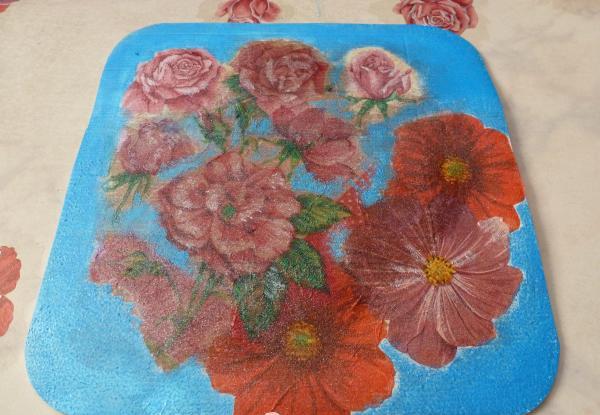
Cardboard mat
This is really a rug made from scrap materials. You can use corrugated cardboard or part of a regular shoe box for work. And to prevent the accessory from "sliding" on the surface of the table, we use a special anti-slip layer for furniture. To prevent the cardboard surface from looking dull, we will use craft paper or wrapping paper with an interesting print.
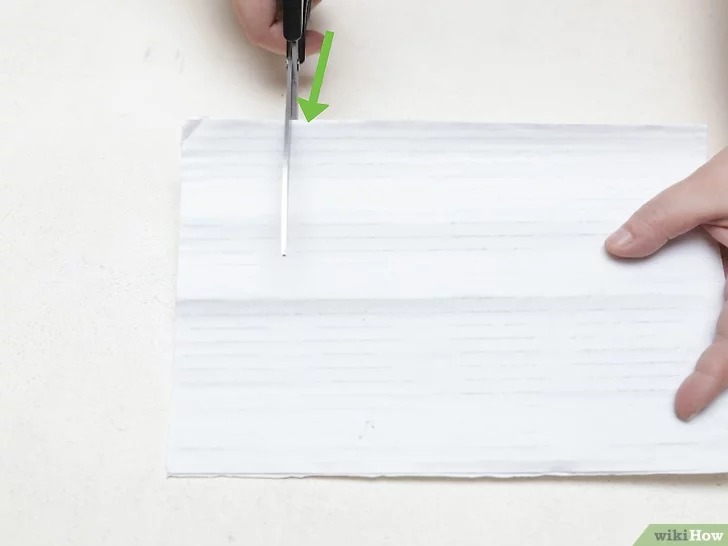
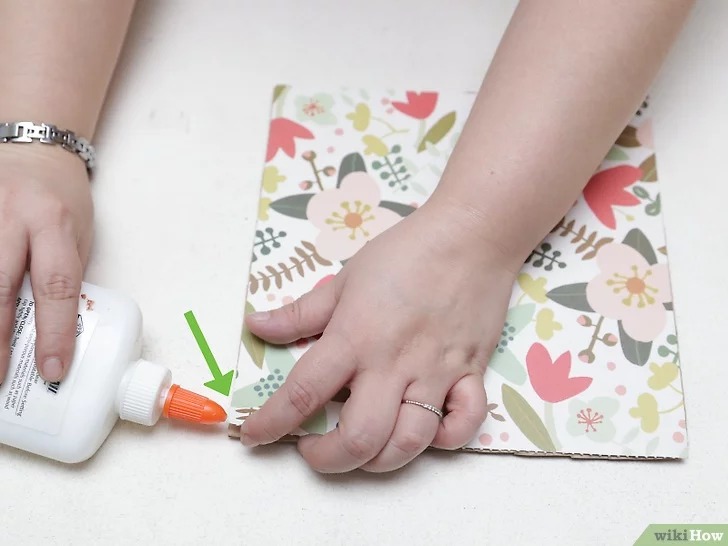
We glue the wrapping paper to the cardboard surface with glue. And fix it on top with self-adhesive film. In the process of work, smooth out the film well so that there are no folds and bubbles. Thanks to such a surface, the mouse will slide better, and the service life of the accessory will increase significantly.
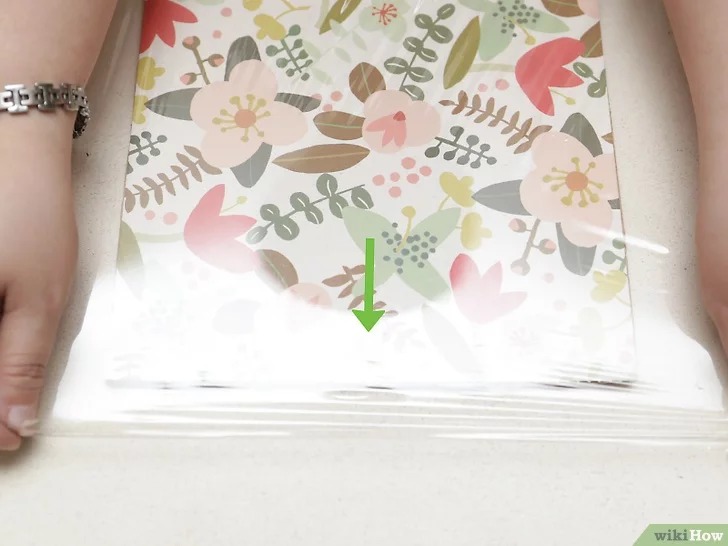
From a clipboard
It has the required density and dimensions.
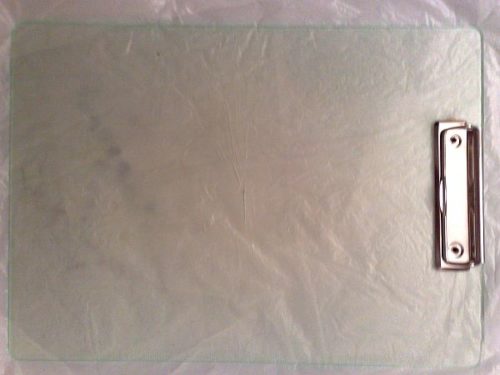
Attach black paper on top of the tablet (to prevent glare from the mouse beam).
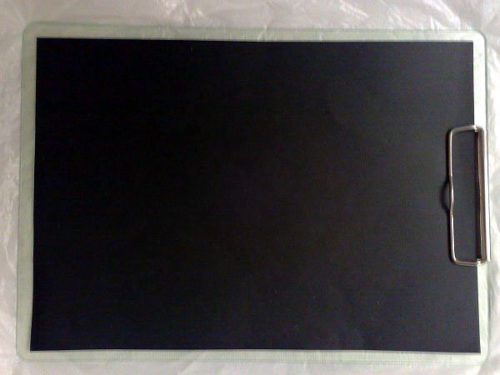
Place a white sheet on top of the black layer. The basic model is ready. But you can make it more interesting, for example, take a colored sheet or one with an ornament. Make sure that the stand is not too smooth.
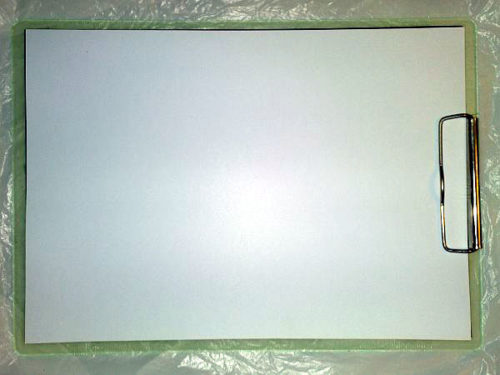
Leather rug
A homemade leather stand is a very creative thing. Even the simplest model looks stylish. Such a masterpiece is created without any special tricks: two pieces of leather are folded and glued together. If you have sewing machine skills, it is better to stitch.
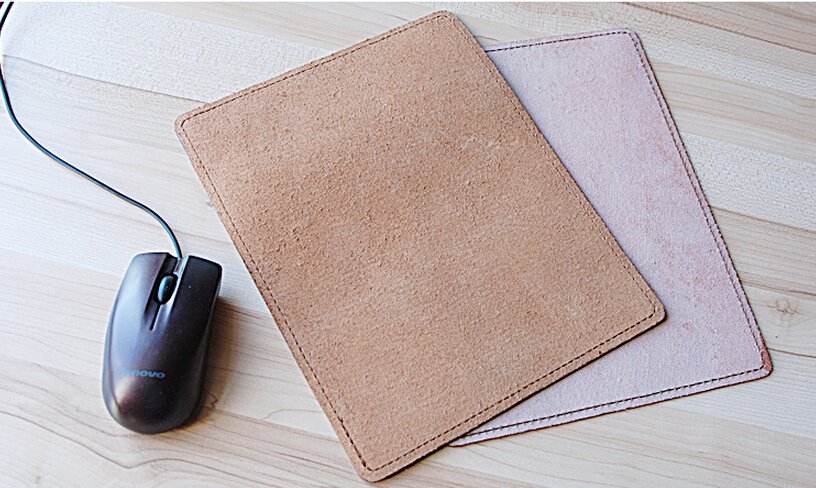
For such a model, boot tops, a leather suitcase or bag, or jacket fragments are suitable. It is better if the leather is dense in texture.
And if you take pieces of different leather and use a little imagination, you will get such a masterpiece. An unusually pleasant thing both in appearance and to the touch.
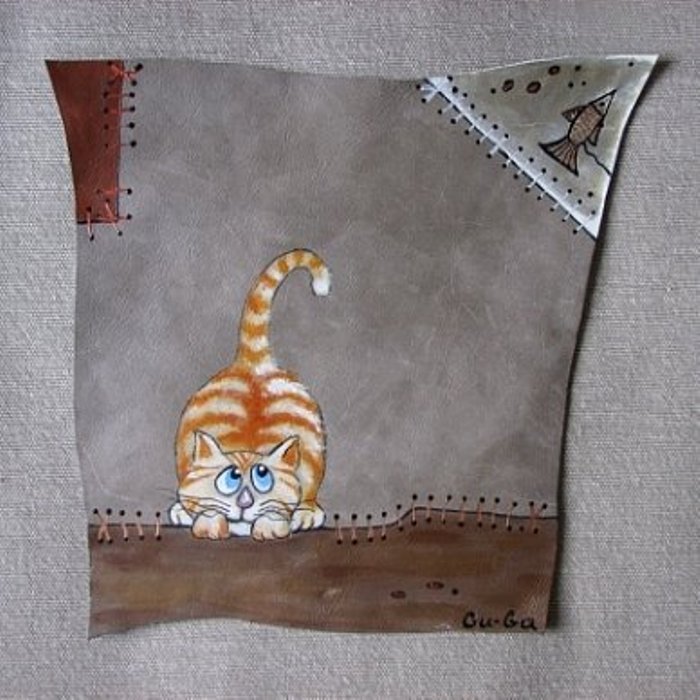
Important! It is better to glue a layer of foam or a piece of a tourist mat to the back of thin leather.
Plexiglass mat
Only those who have experience working with this material can create a mouse stand from plexiglass. But the result is amazing!
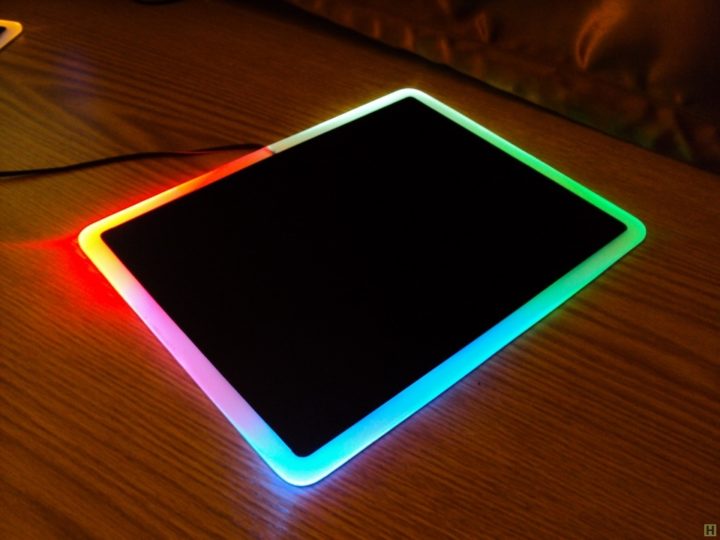
To work you will need:
- LEDs;
- plexiglass;
- a sheet of thick paper;
- USB cable;
- wine bottle cork;
- piece of wire;
- superglue.
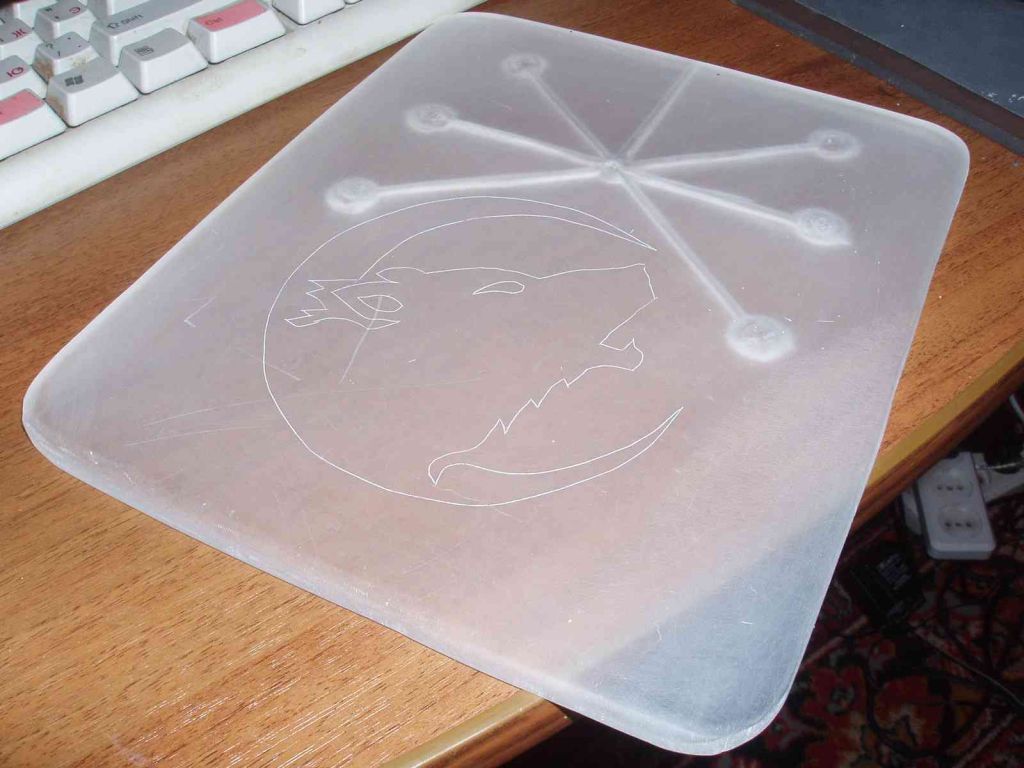
Let's get to work.
- First, we check the "operability" of the LEDs. To do this, we connect the cable wires to the LEDs and secure them with pliers.
- The base of the future rug is cut out of organic glass. The shape and size are chosen at your discretion.
- We will make “legs” for the rug from the cork. To do this, we will use a stationery knife to cut off 4 pieces of cork, each 5 mm wide.
- We glue the legs to the plexiglass.
- On the same side where the legs are, we glue the LEDs.
- Glue a sheet of thick paper to the front side.
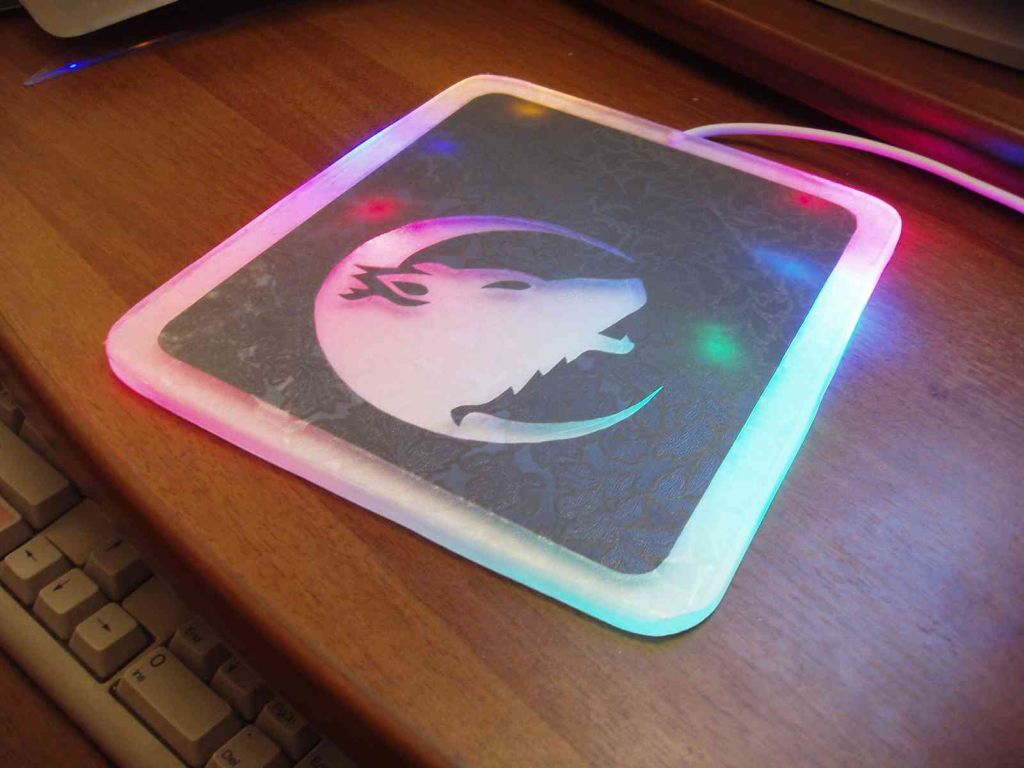
Thanks to the sheet of paper, the light is soft and diffused, which makes working with the mat more comfortable.
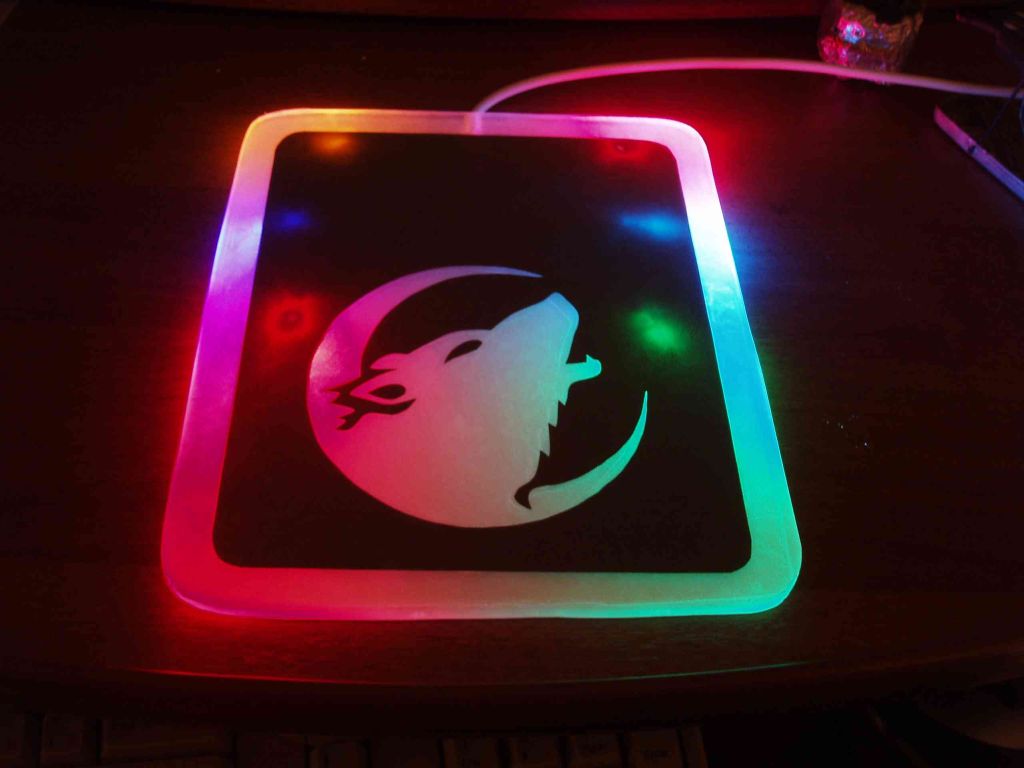
From craft foam
You will need:
- foam;
- sharp knife;
- acrylic paints (gouache is also possible);
- scotch;
- Aerosol sealant for final surface treatment.
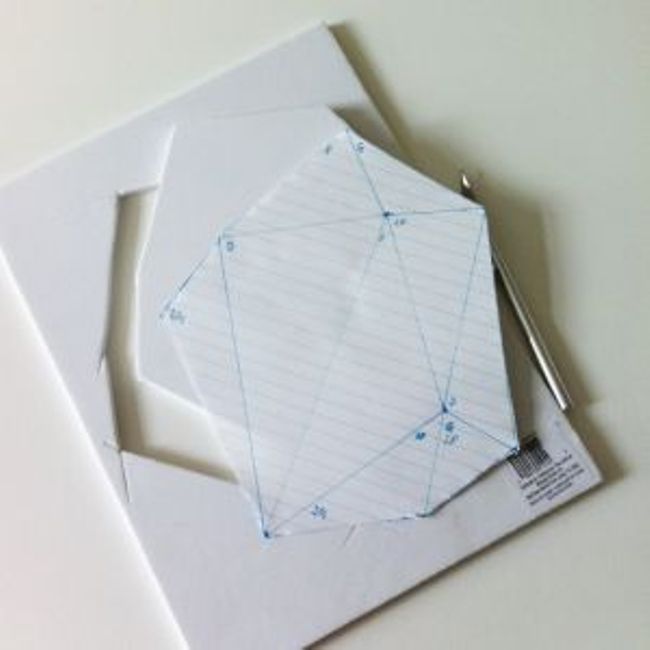
We cut out the base from foam. We seal the borders of the fragments of different colors with tape. We paint the product. Finally, we cover it with sealant in several layers.
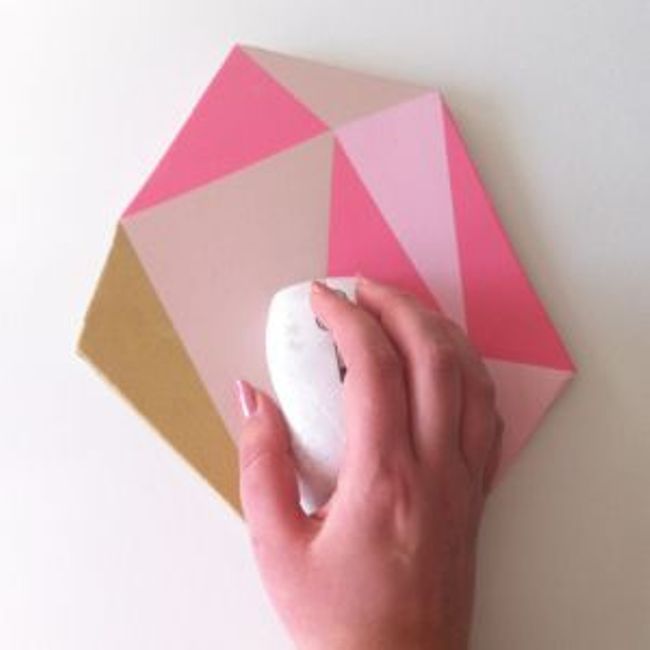
Cork rugs
To make such a stand at home, absolutely no skills are required. A piece of cork sheet is given the desired shape.
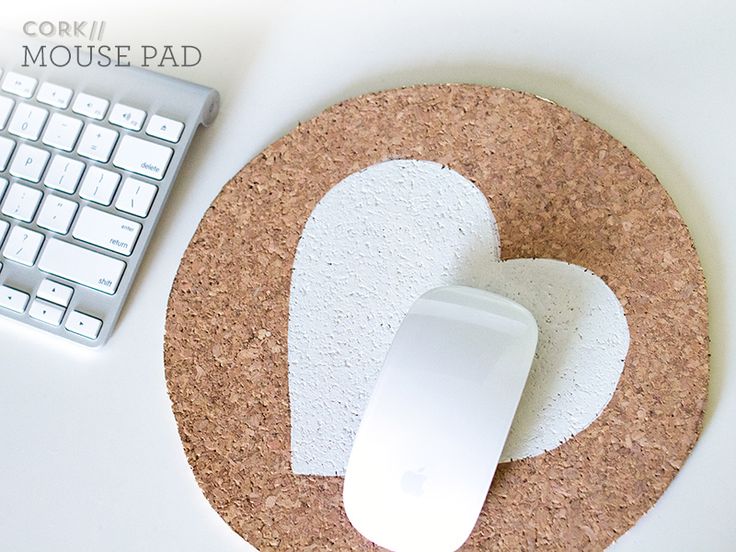
To make the work easier, use masking tape as a stencil. It will help you get even and clear borders when painting the stand.
Features of making a play mat
It must have special characteristics. First of all, slippage is excluded. On the other hand, the mouse must move along the mat as easily as possible.
From a piece of foam padding (isolon will do) we cut out the base of the future stand. In terms of size, such a model is much larger than regular stands.
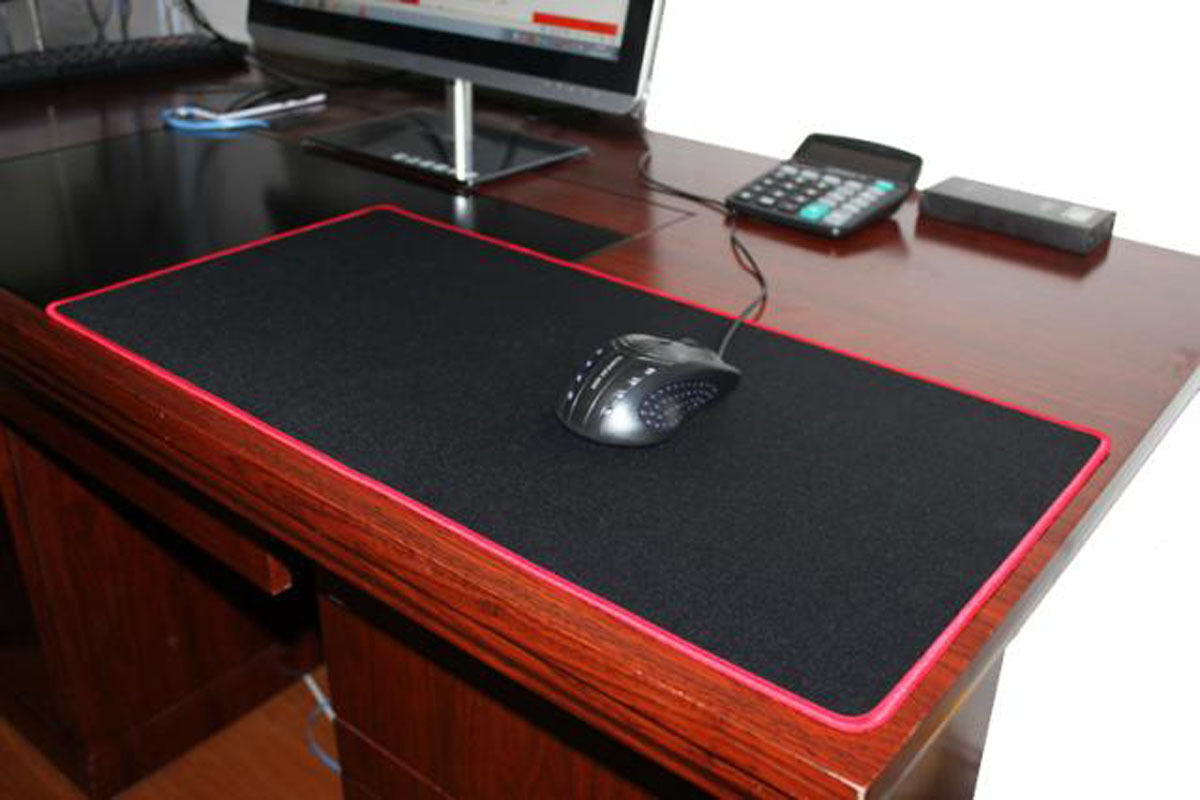
Then we put self-adhesive film on the top part (the foil remains below). To prevent it from curling, complicating the process, we iron it beforehand. Then we glue double-sided tape to the bottom plane and attach the mat to the table.
Is it possible to do without a rug?
Just a few decades ago, it was almost impossible to imagine working on a computer without this accessory. It was as much of a mandatory component as, for example, a keyboard or a system unit. And all because mice were exclusively mechanical, which without a special surface really "slowed down" working on a computer.
So, to be or not to be? Today, this question is very relevant for active computer users. The main reason for using computer mouse stands is maximum convenience of work. If you do not use this accessory, then scratches will appear on the tabletop very quickly. And the mouse itself will wear out faster.
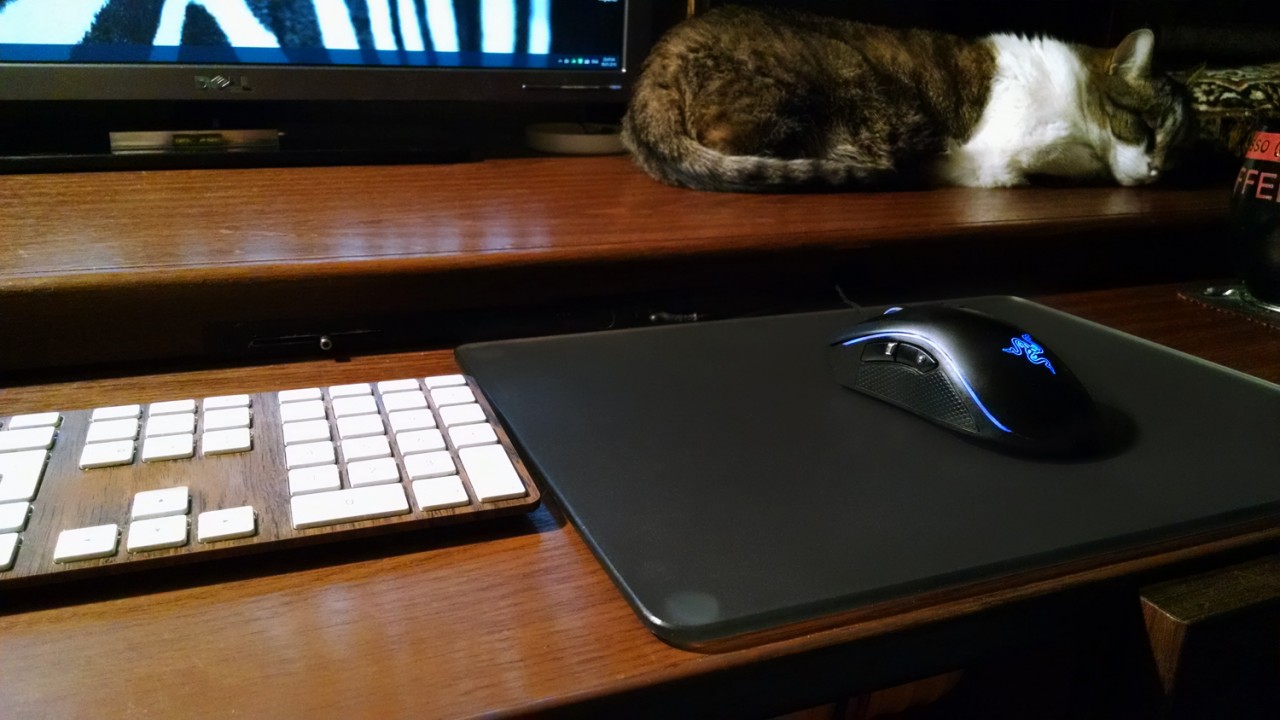
In general, if you answer the question unequivocally, then yes, you can do without a rug. But this decision will entail a number of consequences. Firstly, the computer desk will quickly lose its original appearance and become unusable, and secondly, the mouse will need to be changed frequently.
If you "live" at the computer, then it is better to use a special accessory. If you are not a frequent guest at the computer desk, then perhaps there is no point in purchasing this accessory.
You can create a creative mouse pad at home. It will be cheaper than buying it in a brand store, and at the same time no less convenient.


